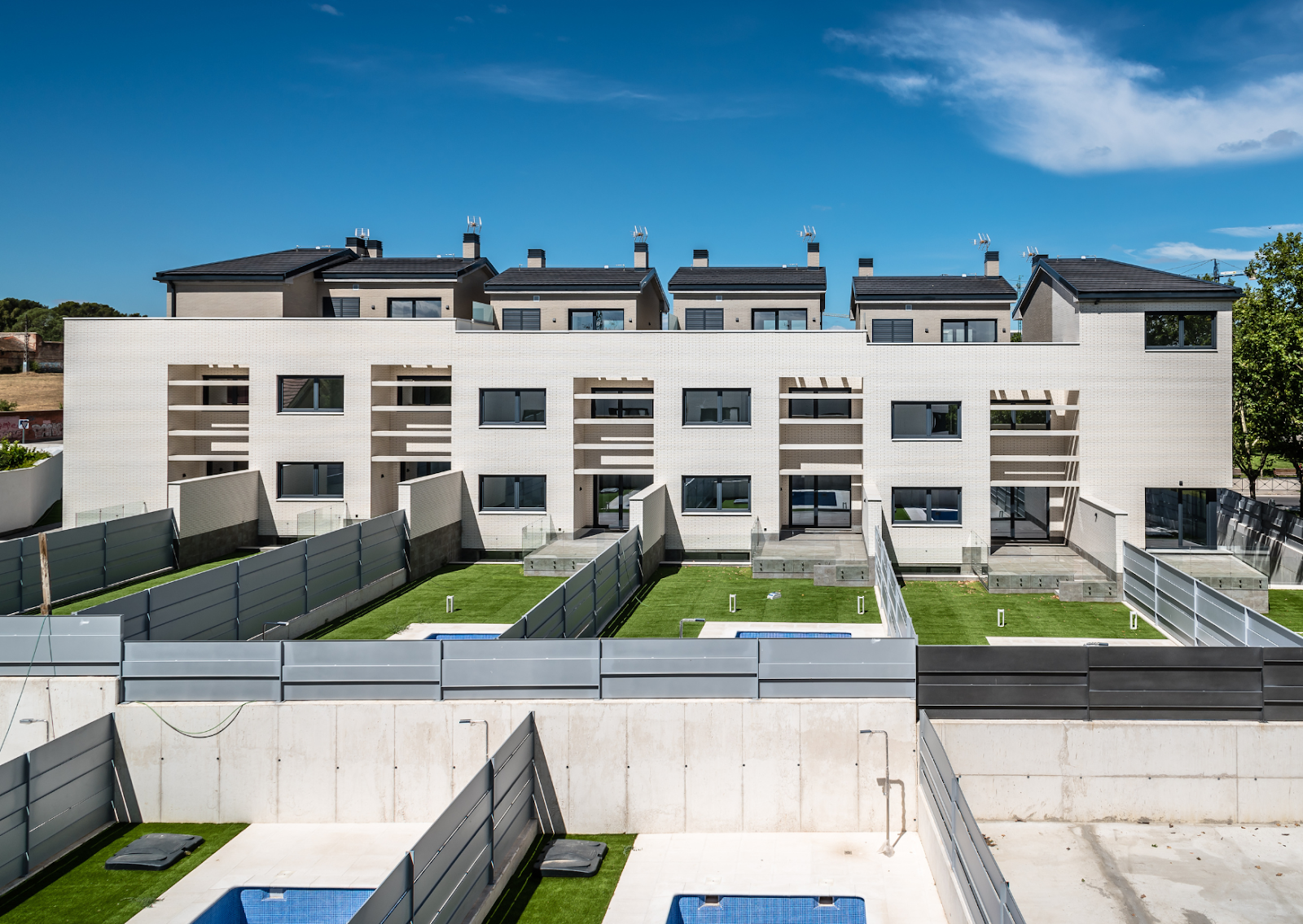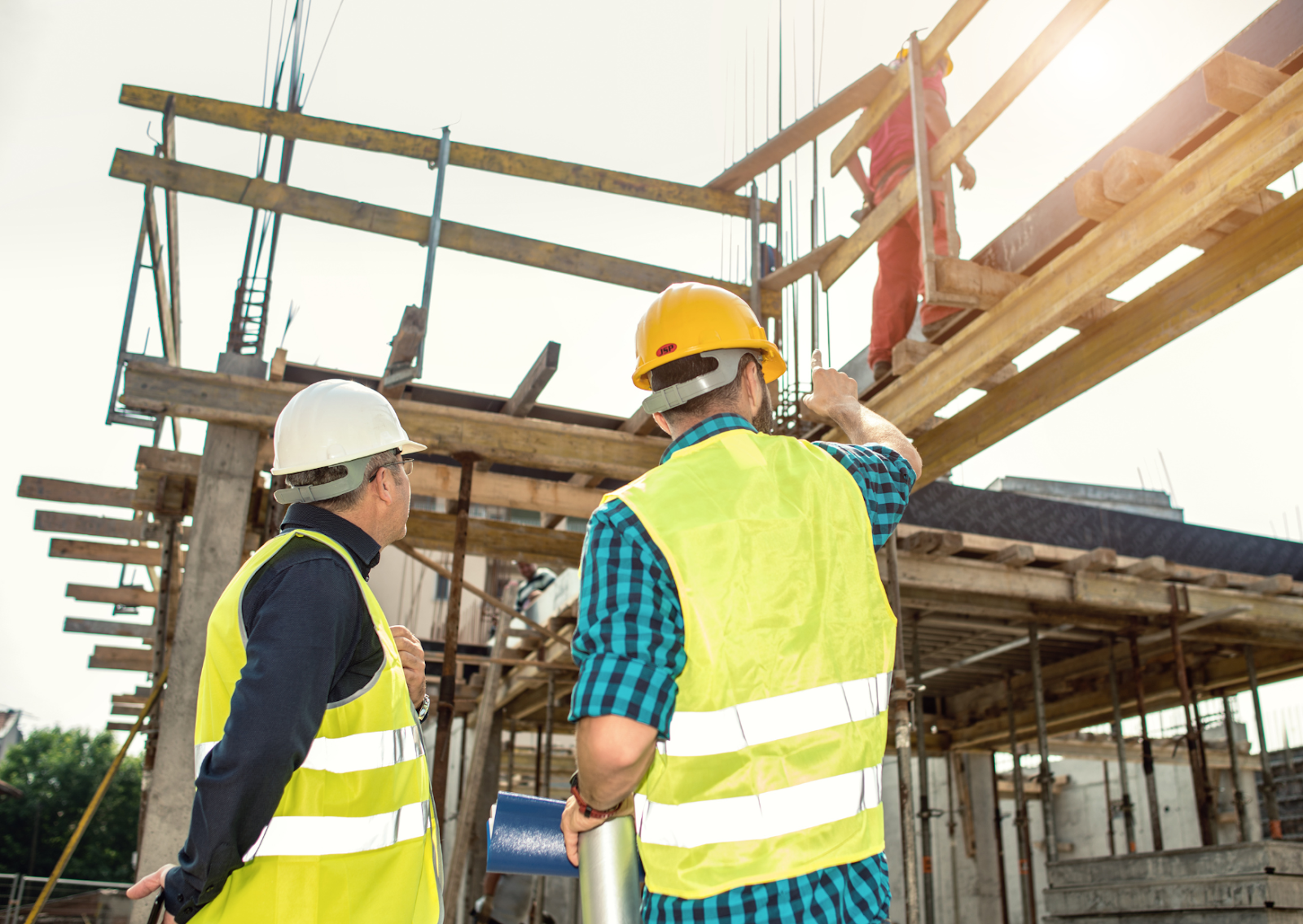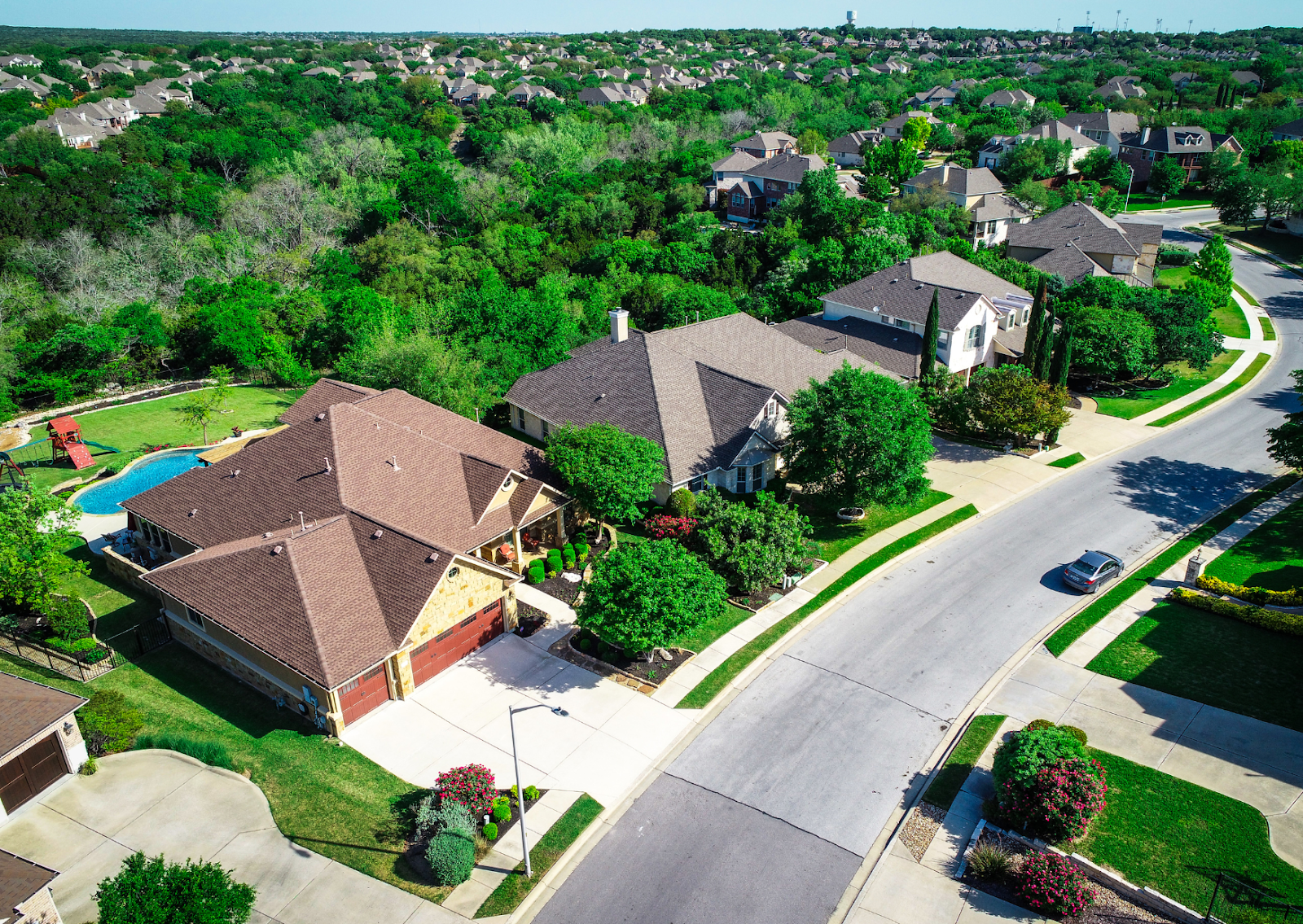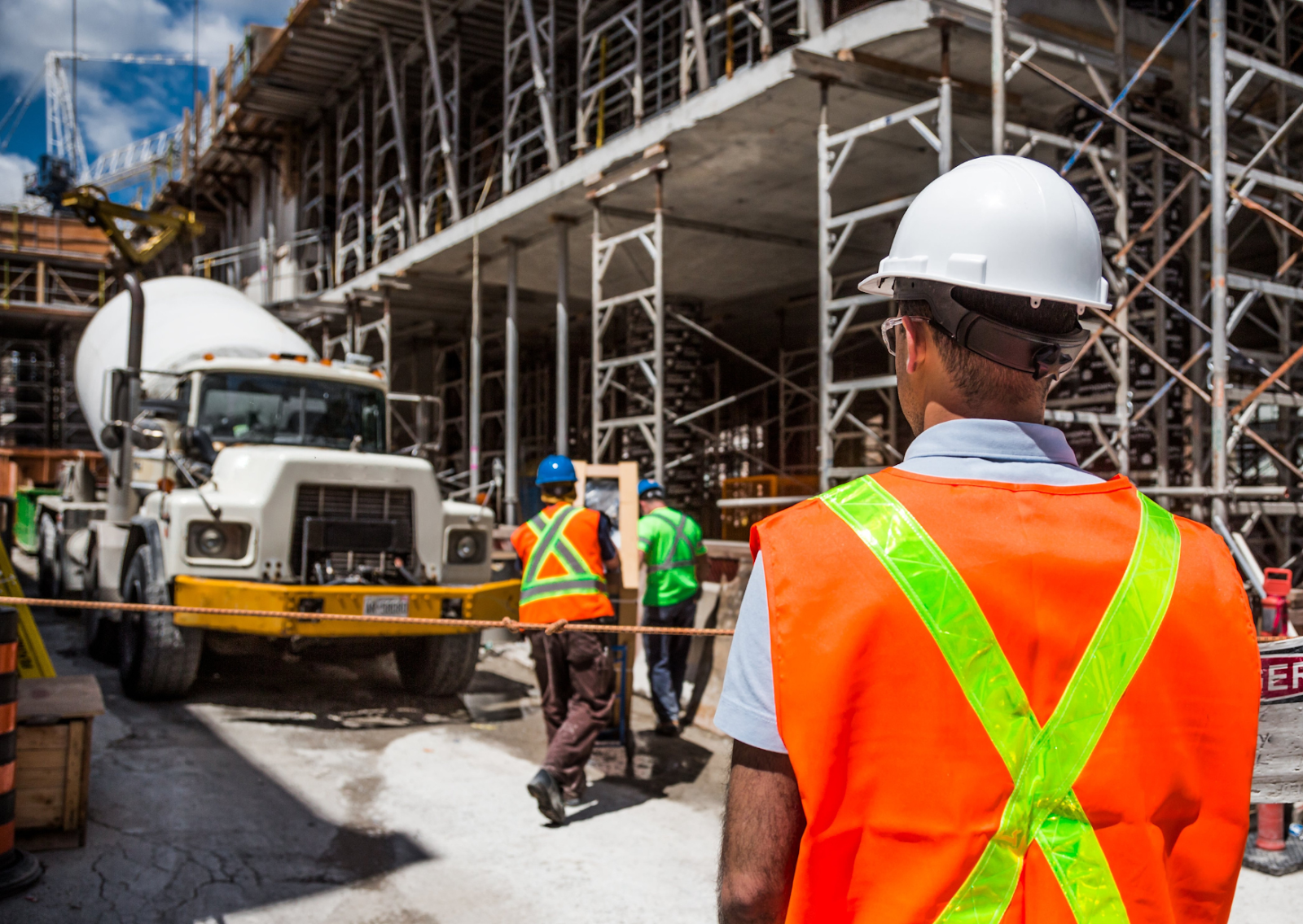What Does a Property Developer Need in Real Estate Development and Development Process Expertise?
To thrive in property development in Los Angeles, a property developer must deeply understand the real estate development life cycle—from early feasibility analyses to managing development projects into completed assets. This includes financial analysis, project timelines, regulatory review, and coordination with an effective development team. Real estate development is not just building; it’s transforming raw land or existing property into thriving residential development, commercial property, or mixed-use complexes that meet market demand, community expectations, and zoning codes.
What Educational Background and Practical Experience Strengthens a Real Estate Developer’s Financial Skills and Industry Insight?
The most common path involves a bachelor’s degree in fields like real estate, business, finance, urban planning, or related fields, combined with practical experience in entry-level roles, such as analyst or assistant roles with construction companies, financial asset managers, real estate agents, or established developers. Gaining client interactions, exposure to industrial development or residential development projects, and working directly on project management tasks helps aspiring real estate developer professionals build necessary financial skills, insight into industry trends, and familiarity with the construction process.
What Role Does Property Development Strategy Play in Property Development Projects in Los Angeles?
Market-driven strategy starts with feasibility: researching demand, zoning regulations, infrastructure, and cost projections. In L.A., the City’s zoning code is notoriously complex, layered with site‑specific overlays (Q, T & D) and enacted since 1946, demanding careful navigation by developers (planning.lacity.gov). A rigorous feasibility study evaluates whether to develop projects based on market demand for multi-family homes, office buildings, industrial spaces, or mixed use developments, and projects’ interaction with local density policies, environmental review, and permitting pathways like CEQA.
What Land Development and Land Acquisition Steps Must Developers Follow in Building Commercial Buildings or Residential Properties?
Once feasibility is positive, a real estate developer moves to acquire raw land or existing property—either vacant lots, underused sites, or established buildings ripe for redevelopment. Whether for commercial buildings, industrial projects, or residential development, securing land requires diligence: title work, environmental assessments, zoning compatibility, and building business partners or investor relationships to finance acquisition.
What Planning, Design, and Entitlements Are Key to Navigating the Development Process in Los Angeles?
After the acquisition, the planning and design phase involves architects, land planners, and designers shaping development concepts. Developers must secure entitlements—rezoning, variances, land use permits, and building permits from the Planning Department or Los Angeles County for projects including land development, industrial development, or office buildings. They often engage with community stakeholders, address guidelines, and follow CEQA review to ensure project compliance and local approval. Professional familiarity with industry trends and Urban Land Institute guidance also helps navigate best practices and attend industry events or ULI‑LA forums (la.uli.org).
What Financial Structuring and Financing Steps Support Real Estate Development Business Viability?
Developers must craft financial models predicting costs and returns, then secure capital, including construction loans, equity, tax increment financing, or public funds like Mello‑Roos or City of Los Angeles redevelopment funds (en.wikipedia.org). Working with financial asset managers, private equity, and established lenders helps assemble funding. Having strong financial skills and working closely with a trusted development team builds confidence that the project can be financed and executed on time.
What Challenges in the Construction Process Must Developers Manage Effectively?
Once funding and approvals are in place, the construction process begins. Developers coordinate with contractors, subcontractors, and project managers and oversee project management to ensure the site meets specifications, schedules, and budgets. Whether building commercial buildings, multi-family homes, industrial spaces, or office towers, real-time supervision by experienced professionals and a collaborative development team is essential to prevent overruns, delays, or quality issues.
What Role Do Marketing, Sales, and Real Estate Agents Play in Selling or Leasing Real Estate Development Projects?
As construction nears completion, marketing is essential. Whether targeting potential buyers or tenants for residential development, office buildings, or commercial property, developers often partner with real estate agents and brokers. They host events, stage model units, and craft messaging. Building a professional network across local brokers, agents, and business partners increases visibility and success in sales or leasing.
What Importance Does Property Management, Operations, and Community Engagement Hold After Project Delivery?
Once units are leased or sold, the development transitions to operation. Whether property management of apartments, retail spaces, or mixed-use sites, developers (or their property management teams) oversee tenant relations, maintenance, and financial performance. Long-term prosperity relies on aligning with community expectations, sustainability initiatives, and maintaining assets in line with city goals.
What Ongoing Strategies Help Established Developers Stay Informed and Build Relationships in the Real Estate Development Industry?
Successful developers thrive by staying active in industry events, joining organizations such as the Urban Land Institute, building a professional network, and keeping up with industry trends, regulatory changes, and emerging markets. Mentoring newer developers, attending ULI Los Angeles events, and engaging with academic research help maintain a competitive edge and professional credibility.
How Can You Partner With Experts to Bring Your Property Development Vision to Life?
Are you ready to bring your property development dreams in Los Angeles to life? Whether you are an aspiring real estate developer building your development team, seeking funding, managing construction or navigating zoning, the trusted experts at {MID Construction Group} are here to guide you every step of the way. Visit https://midconstruction.com/ to explore how they support every phase of your next property development project. Contact them today!
What Final Perspective Ties All Phases Together in Property Development in Los Angeles?
In conclusion, to succeed as a property developer in Los Angeles, you must combine the right educational background, foundational practical experience, sharp financial skills, and strong relationships across the development process. You must understand land, zoning, planning, finance, construction, marketing, and operations—and build a development team and professional network networking of experienced professionals, agents, contractors, and financial partners. By staying informed, leveraging best practices, and focusing on community‑responsive, sustainable models, you can complete development projects that contribute real value to the real estate industry and urban fabric of Los Angeles.
Works Cited
“Analysis of Constraints.” City of Los Angeles Appendix 2.1 Housing Element, 2021‑2029. City Planning, Los Angeles, PDF document (planning.lacity.gov).
“Feasibility Analysis in Real Estate Development.” Mid Construction Group FAQs, midconstruction.com, 2025 (midconstruction.com).
“Real Estate Development Guide: Key Steps and Project Types.” Mastt, 2025 (mastt.com).
“Urban Land Institute.” Wikipedia, updated 2025 (en.wikipedia.org).
“Quality of Infrastructure Is Key to Real Estate Development Decisions.” Urban Land Institute & EY, 2014 (urbanland.uli.org).
“Mello‑Roos.” Wikipedia, 2025 (en.wikipedia.org).
“Tax Increment Financing.” Wikipedia, 2025 (en.wikipedia.org).
Frequently Asked Questions
1. What qualifications do you need to become a property developer?
Most property developers start with a bachelor’s degree in real estate, business, finance, or a related field. However, real-world practical experience—such as working with construction companies, real estate agents, or financial asset managers—is just as important to develop the financial, planning, and project management skills needed in the real estate development industry.
2. How does land development work in Los Angeles?
Land development in Los Angeles involves acquiring raw land or existing property, conducting feasibility studies, and navigating a complex entitlement process. Developers must secure zoning approvals, building permits, and environmental clearances before beginning construction on residential, commercial, or mixed-use developments.
3. What are the biggest challenges during the construction process?
During the construction process, developers must manage project timelines, control costs, and coordinate with contractors and subcontractors. Unexpected delays, permit issues, or rising material costs can pose serious challenges. That’s why having a skilled development team and real-time supervision by experienced professionals is essential.
4. How do property developers market and sell new development projects?
Developers work closely with real estate agents to market and sell or lease completed units. This includes staging, digital campaigns, community outreach, and leveraging a strong professional network networking to reach potential buyers or tenants. The goal is to showcase value and align with current industry trends and consumer expectations.
5. Why is community engagement important in property development?
Engaging with the community helps ensure that development aligns with local values and receives public support. In Los Angeles, property developers often work with neighborhood groups and attend public hearings. Incorporating feedback during planning can help avoid opposition and promote long-term success of the development project.





